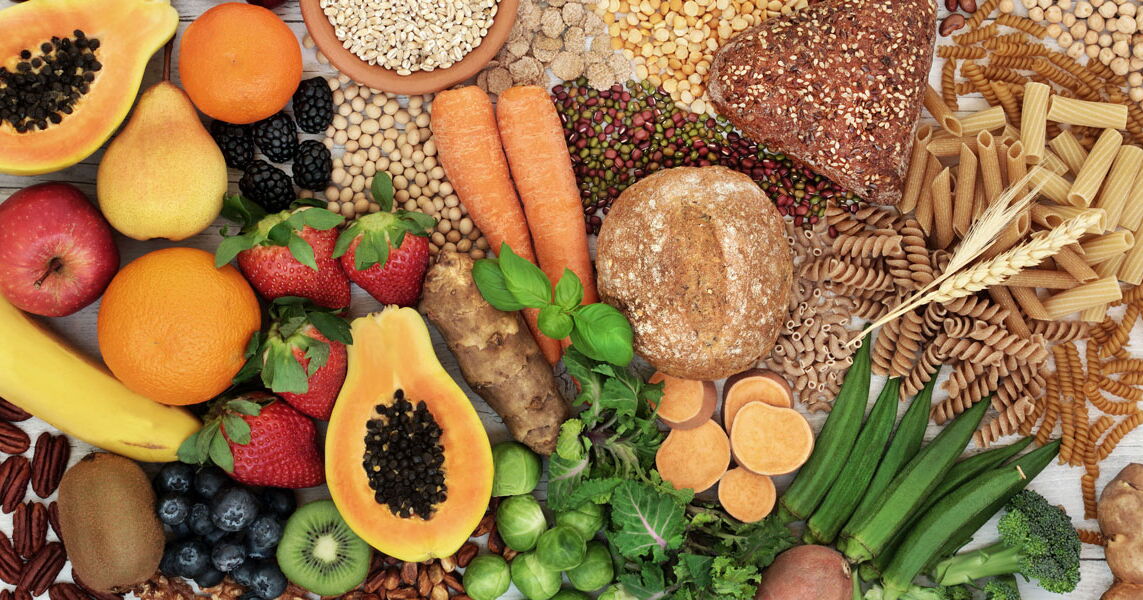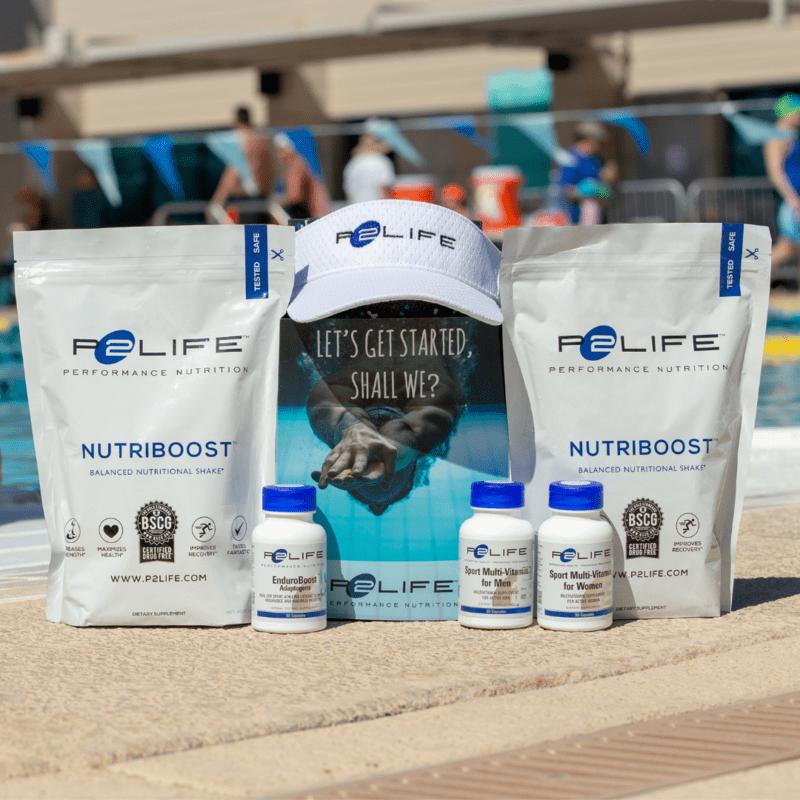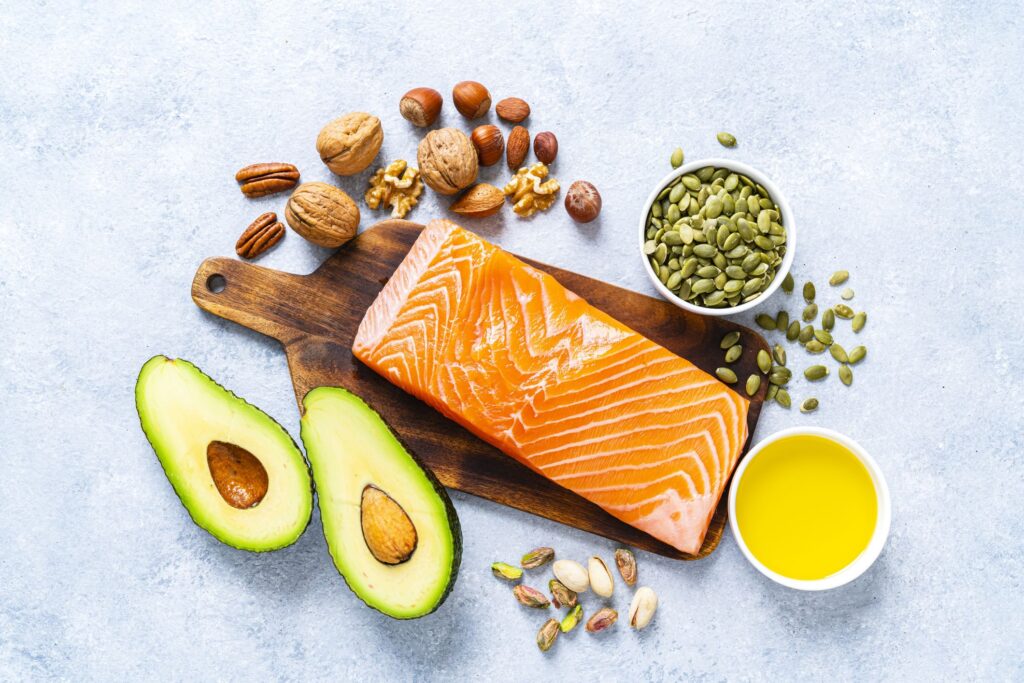The article ‘Mastering the Waves: Essential Diet Tips for Swimmers’ provides a comprehensive guide on how swimmers can optimize their diet to enhance performance, maintain energy levels, and ensure proper recovery. By understanding the unique nutritional needs of this demanding sport, swimmers can tailor their eating habits to support both training and competitive events.
Key Takeaways
- Understand the importance of a balanced diet including carbohydrates, proteins, and fats tailored to swimming needs.
- Hydration is crucial; swimmers should focus on not just the quantity but the timing of fluid intake.
- Carbohydrates are particularly important before swimming to optimize energy storage and performance.
- Post-swim recovery should include proteins and carbohydrates to rebuild muscles and replenish energy stores.
- Consulting a nutritionist can provide personalized dietary plans to meet individual health and performance goals.
Fueling Up: What to Eat Before You Dive In
Carbohydrates: Your Pre-Swim Best Friend
Carbohydrates are crucial for swimmers looking to maximize their performance. They serve as the primary source of energy, especially useful before diving into the pool. Opt for complex carbohydrates like whole grains, oats, and fruits which provide a slow release of energy, keeping you powered throughout your swim. Aim for 5 to 10 grams of carbohydrates per kilogram of your body weight to optimize energy storage and hydration.

Carbohydrates
Proteins: Building Blocks for Muscle Recovery
Proteins are essential for muscle repair and recovery. Before a swim, include a moderate amount of lean protein such as chicken, fish, or plant-based alternatives like lentils and chickpeas. This helps prepare your muscles for the exertion to come and aids in quicker recovery post-swim.
Hydration: Why Water is Your Ally
Proper hydration is key to optimal swimming performance. Start hydrating well before you hit the water and continue sipping throughout your swim. Water helps regulate your body temperature, reduces the risk of cramps, and keeps your energy levels steady. For those longer sessions, consider beverages that replace electrolytes lost through sweat.
Navigating Nutritional Needs for Competitive Swimmers
Balanced Meals: The Foundation of Performance
Balanced meals are crucial for competitive swimmers, providing the energy needed for training and events. A swimmer’s diet should include a mix of proteins, carbs, and healthy fats to ensure optimal performance. Here’s a quick breakdown:
- Proteins: Essential for muscle repair and growth.
- Carbohydrates: Provide the main source of energy.
- Fats: Important for long-term energy during longer competitions.
Supplements: Boosting Your Nutritional Intake
While a well-rounded diet is key, supplements can help fill any nutritional gaps. Common choices for swimmers include vitamins and minerals to support overall health and energy levels. It’s important to use supplements wisely to avoid nutritional deficiencies and enhance performance.

Supplements
Consulting a Nutritionist: Tailored Diet Plans
Every swimmer is unique, and so are their nutritional needs. Consulting a nutritionist can provide a personalized nutrition plan that considers individual health requirements and fitness goals. This tailored approach helps in optimizing both performance and recovery.
The Long Haul: Eating Right for Long-Distance Swimmers
Carb Loading: Essential for Endurance
For long-distance swimmers, carb loading is a game-changer. Aim for 5 to 10 grams of carbohydrates per kilogram of your body weight before a big swim to optimize energy storage. This strategy ensures you have the stamina to power through those extra miles.
Hydration Strategies: Sipping for Success
Staying hydrated is crucial, but it’s not just about drinking water. Sip fluids throughout the day to maintain optimal hydration levels. This approach helps you avoid the pitfalls of both dehydration and overhydration, keeping your performance at its peak.
Supplements: When and What to Take
Supplements can fill any nutritional gaps in your diet, especially during intense training periods. Common choices include vitamins and minerals tailored to support energy and recovery. Always consult with a nutritionist to create an optimal nutrition plan that suits your specific needs.
Everyday Diet for Swimmers: Keeping It Balanced
The Importance of Regular Meals
Eating at regular intervals is crucial for maintaining energy levels throughout the day. This helps in stabilizing blood sugar levels, which is particularly important for swimmers who expend a lot of energy in training and competitions. Aim to include a mix of proteins, carbs, and healthy fats in each meal to ensure a balanced diet.
Snacking Smart: Energy Boosters
Smart snacking can be a game-changer for swimmers. Opt for snacks that provide a good mix of nutrients and are easy to digest. Here are some top picks:
- Greek yogurt with berries
- A banana with almond butter
- A handful of nuts and dried fruits
These snacks provide a quick energy boost and help sustain you between meals.
Avoiding Common Dietary Pitfalls
Be wary of overly restrictive diets that promise quick results but don’t provide the nutrients your body needs.
It’s easy to fall into the trap of trendy diets or skipping meals, especially with a busy swim schedule. However, maintaining a balanced diet is essential for optimal performance and recovery. Avoid heavy, greasy foods before swimming and keep hydrated throughout the day.
Hydration Tactics: More Than Just Drinking Water
Understanding Your Body’s Needs
Hydration isn’t just about drinking water; it’s about knowing how much and when. Your body’s hydration needs can vary based on your activity level, the environment, and even the time of day. It’s crucial to listen to your body and adjust your water intake accordingly.
The Role of Electrolytes
Electrolytes are vital for more than just quenching thirst—they help regulate muscle function and balance fluid levels. A swimmer’s diet should include sources of electrolytes like sodium, potassium, and magnesium, which can be found in many sports drinks and supplements.
Timing Your Hydration
Proper hydration timing can make a significant difference in your performance and recovery. Start your day with a glass of water and continue to sip regularly rather than waiting until you’re thirsty. During training, especially in open water, keep a steady intake to maintain optimal hydration levels.
The Role of Diet in Enhancing Swimming Techniques
Breathing Better Through Nutrition
Proper nutrition can significantly impact your breathing efficiency, which is crucial for techniques like the butterfly stroke or freestyle. Ensuring you have the right mix of nutrients can help enhance your lung capacity and control during swims.
Energy Levels and Stroke Efficiency
The energy you derive from your diet directly influences how you perform in the water. High-energy foods like complex carbohydrates and lean proteins are essential for maintaining stamina and improving stroke efficiency. This is particularly important for strokes that require bursts of energy like the butterfly stroke or sprint freestyle.
Nutrients That Improve Flexibility and Strength
A balanced diet rich in vitamins and minerals supports muscle flexibility and strength. Key nutrients include vitamin D, calcium, and magnesium, which are crucial for bone health and muscle function. This not only helps in preventing injuries but also aids in performing a wide range of swimming strokes more effectively.
Post-Swim Recovery: Foods That Help
Proteins and Carbs: Rebuilding the Right Way
After you’ve pushed through those last laps, your body needs the right fuel to recover. Proteins are crucial for muscle repair, while carbs help replenish your energy stores. Think grilled chicken, quinoa, or a banana smoothie. It’s not just about eating; it’s about eating the right stuff at the right time.

Proteins and Carbs
Anti-inflammatory Foods: Reducing Soreness
To help reduce inflammation and soreness post-swim, incorporate foods like berries, salmon, and spinach into your meals. These foods are not only delicious but also packed with antioxidants and omega-3 fatty acids, which are great for recovery.
Timing Your Post-Swim Meal
Timing is everything when it comes to recovery meals. Ideally, you should eat within 45 minutes after swimming. This helps your body start the recovery process sooner. A simple carb and protein combo can kickstart muscle repair and energy replenishment effectively.
After a rigorous swim, choosing the right foods for recovery is crucial. Dive into our comprehensive guide on ‘Post-Swim Recovery: Foods That Help’ to learn about the best nutrients that aid in muscle repair and energy replenishment. For more insightful tips and detailed articles, visit our website and explore our Knowledge Hub.
Conclusion
Wrapping up, mastering your diet as a swimmer is just as crucial as perfecting your strokes. Whether you’re slicing through pool lanes or braving the open waters, the right nutrition can significantly boost your performance and recovery. Remember, it’s not just about loading up on carbs; it’s about striking a balance with proteins, fats, and staying well-hydrated. So, consult with a nutritionist, tailor your diet to your swimming demands, and keep making waves! Dive into these tips and watch how they propel your swimming to the next level!
Read more: Nutritious Meals for Swimmers: What to Eat for Peak Performance
AUTHOR
Sang Nguyen
Sang Nguyen is a former national swimmer for Vietnam who has transitioned into coaching. With a passion for fostering a healthy swimming community and connecting like-minded individuals,......Read More
BLOG
Maybe You Are Interested
Good Swim Meet Snacks: What to Eat for Optimal Performance
Good nutrition is crucial for swimmers to maintain energy, recover quickly, and perform at their...
Read More...Optimizing Your Performance: The Best Diet for Swimming Training
Optimizing your performance in swimming is not just about rigorous training; it’s equally crucial to...
Read More...Achieve Peak Performance with This Diet Chart for Swimmers
Whether you’re a novice or an expert swimmer, understanding the right diet is crucial for...
Read More...Eating Like a Champion: Exploring the Diet of Michael Phelps
Michael Phelps, renowned for his Olympic triumphs, has a diet as extraordinary as his swimming...
Read More...Muscle Gain for Swimmers: Tailoring Your Diet for Strength
Swimming is a demanding sport that requires a tailored approach to nutrition to support muscle...
Read More...A Comprehensive Diet Plan To Gain Weight For Swimmers
Swimming is a demanding sport that requires meticulous attention to nutritional needs to optimize performance,...
Read More...